Lost in Psychobabble? Cut Through the Jargon for Real Mental Clarity
Mad in America
APRIL 8, 2025
Clinically speaking, early childhood trauma often leads to insecure attachment styles and maladaptive survival strategies. P sychology, mental health, and recovery are often discussed in overly formal language, making the process of healing seem complex and intimidating. This was revealed in the book Mad in America by Robert Whitaker.


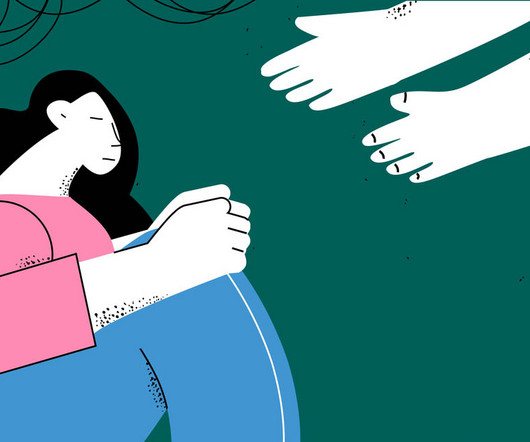
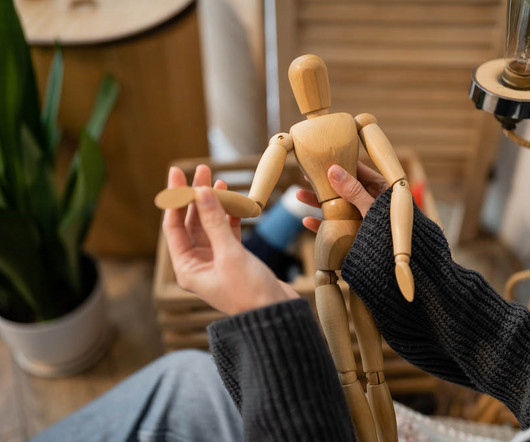
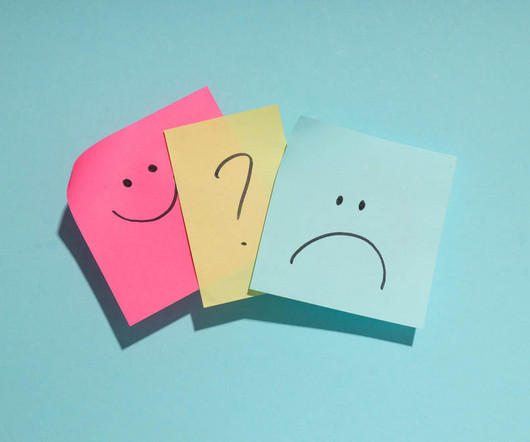

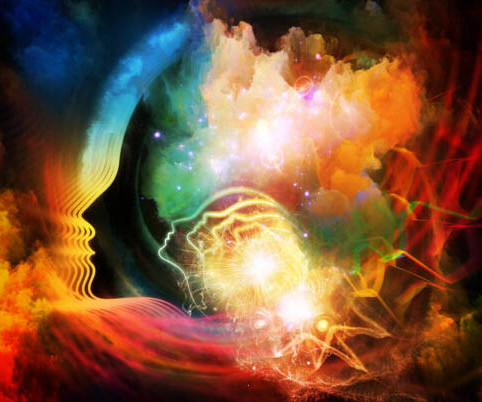
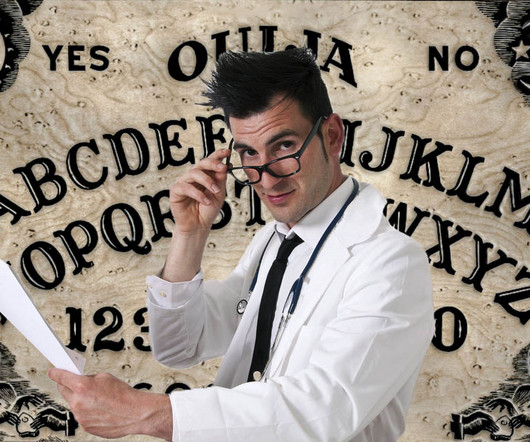
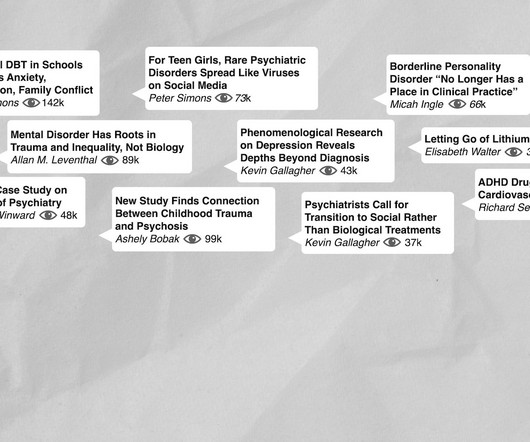

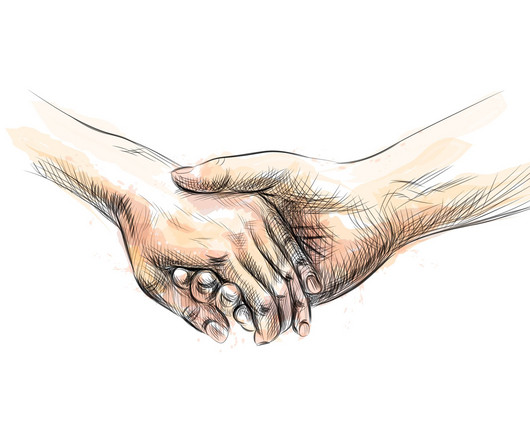







Let's personalize your content